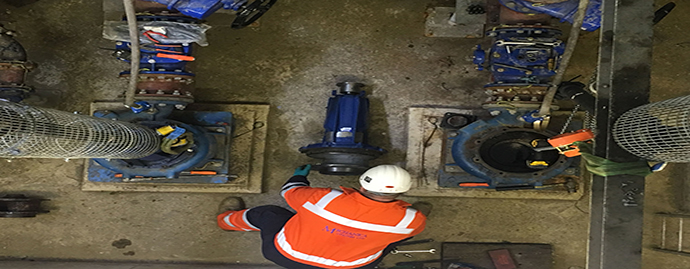| Start Date | End Date | Country | City |
|---|

 +966 920007771
+966 920007771

Objectives
- Apply function-oriented thinking to any project.
- Conduct creativity sessions.
- Create FAST diagrams.
- Develop ideas and concepts into detailed proposals complete with business case data and implementation action plans.
- Select project and team members.
- Explain the value concept and reasons for unnecessary cost.
- Apply Value engineering for your projects.
- Use and benefit from function analysis.
- Scientifically compares and chooses between alternatives using WEM
- ntegrate VE within the design process.
- Develop a systematic approach to avoid unnecessary cost.
- Develop and effective team.
- Integrate VE with TQM.
- Enhance the relationship between your employees and your customers.
- dentify the similarities and differences between VE and Reengineering.
- Differentiate between VE and Design Reviews
- Differentiate between VE and Cost Reduction
Outlines
Day 1
- Introduction and History of Quality and Value
- Value and Quality concept.
- Reasons for unnecessary cost.
- Define Quality and value
- Why Value Engineering
- Information Gathering and scope defining., Workshop
Day 2
- Function Analysis
- Workshop (Function Analysis)
- FAST Diagramming
- Workshop (FAST).
Day 3
- Creativity, innovation and speculation.
- Team building.
- Road block to Creative & Positive thinking
- Brainstorming, Workshop (Idea Generation)
- Selection Criteria & Idea evaluation, Workshop
Day 4
- Weighted Evaluation Matrix
- Workshop (WEM)
- Development Phase
- Workshop (Development Phase)
- Total Cost concept, Life Cycle Costing (LCC), Workshop
Day 5
- Presentation skills, Workshop
- Team Presentation
- Implementing VE proposal
- VE vs. Cost Reduction
- Certification in Value Engineering
- How to integrate VE into your organizational process.
- General discussion and closing remarks.
Notes:
Associated Value Specialist (AVS) Exam
- AVS is the first level of professional certification in Value Engineering approved by SAVE International: the Value Society. It is a professional recognition for those individuals who can lead and participate in VE Studies.
- The AVS Exam will be conducted at the end of the course (Day 5).
- The exam duration is 2 hours. It is made of two parts as follows:
Part one (100 points)
- 50 questions X 2 points = 100 points
- Subject: Value Methodology fundamentals, background, history and job plan
Part two (100 points)
- 20 questions X 2 points = 40 points
Subject: Function analysis in general
- 15 questions X 2 points = 30 points
Subject: General knowledge of FAST Diagramming
- 5 questions X 6 points = 30 points
Subject: Understanding of function logic and relationship between
different functions in a FAST diagram
Who Should Attend
- Project Managers, Project Team Members, Project Engineer, Design Engineer, Project Leaders, Industrial Engineer, Program Managers, Operation Managers, Functional Managers, Accountants, Sales Team Supervisors, Safety Managers and supervisors. All individuals need to learn the value engineering methodology and apply them to their projects to add value and improve the rate of return
Duration
5 Days










